Talking Cents
|
December November October September August July June May April March February January |
4 Ways to Implement Agile Budgeting to Manage Financial Resources BetterIn small business operations, agility is key to financial success. Agile budgeting has emerged as a strategic approach to managing financial resources more efficiently and responsively. This article explores four ways small business accountants can implement agile budgeting to navigate the ever-changing financial terrain and enhance overall fiscal management. Adopt a Continuous Planning Approach: Traditional budgeting often involves creating an annual plan that may become outdated as circumstances evolve. Agile budgeting, on the other hand, emphasises continuous planning. Small business accountants can implement this approach by regularly revisiting and adjusting the budget based on real-time data and market changes. By fostering adaptability, businesses can make informed financial decisions that align with their current needs and goals. Encourage Collaborative Decision-Making: Agile budgeting thrives on collaboration between different departments and stakeholders within a business. Small business accountants should facilitate open communication channels to gather insights from various teams. This collaborative approach helps in identifying potential financial challenges and opportunities early on. By involving key players in the budgeting process, businesses can leverage collective expertise to make well-informed decisions that contribute to overall financial health. Prioritise Flexibility in Resource Allocation: In small business accounting, resource allocation requires a delicate balance. Agile budgeting advocates for flexibility in allocating resources to different projects or departments based on their evolving needs and priorities. Small business accountants can implement this strategy by maintaining a budget reserve for unforeseen expenses and adjusting allocations as projects progress. This adaptability ensures that financial resources are optimally utilised, enhancing the overall efficiency of the business. Utilise Technology for Real-Time Insights: Technology plays a crucial role in implementing agile budgeting for small businesses. Small business accountants should leverage accounting software and financial tools that provide real-time insights into the company's financial performance. These technologies enable quick adjustments to the budget based on up-to-date data, empowering businesses to stay agile in response to market fluctuations. By embracing digital solutions, small businesses can enhance their financial decision-making capabilities and streamline budgeting processes. In small business accounting, the adoption of agile budgeting is a strategic imperative for navigating the complexities of the modern business landscape. By adopting a continuous planning approach, encouraging collaborative decision-making, prioritising flexibility in resource allocation and utilising technology for real-time insights, small business accountants can enhance financial resilience and responsiveness. Agile budgeting is not merely a set-and-forget exercise; it's a dynamic and iterative process that aligns financial strategies with the ever-changing needs of the business. As small businesses face diverse challenges, embracing agile budgeting is a proactive step toward financial sustainability and success. Consider M.A.S. Partners for Your Small Business Accounting Needs: Elevate your small business's financial resilience with agile budgeting strategies tailored to your unique needs. Our team of expert small business accountants in Sydney is ready to guide you through the implementation of agile budgeting, ensuring your financial resources are optimised for success. Embrace a proactive approach to small business accounting and let us navigate the dynamic financial aspects together. Contact us today to embark on a journey towards financial efficiency and sustained growth. |




